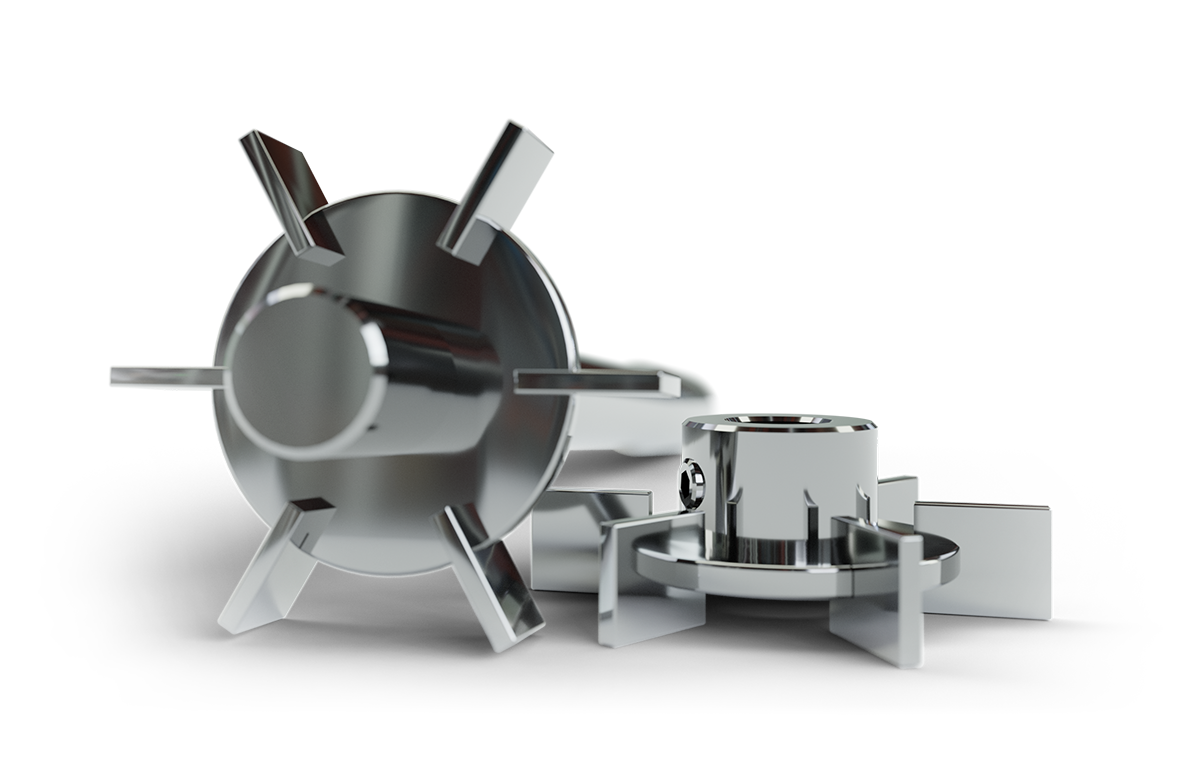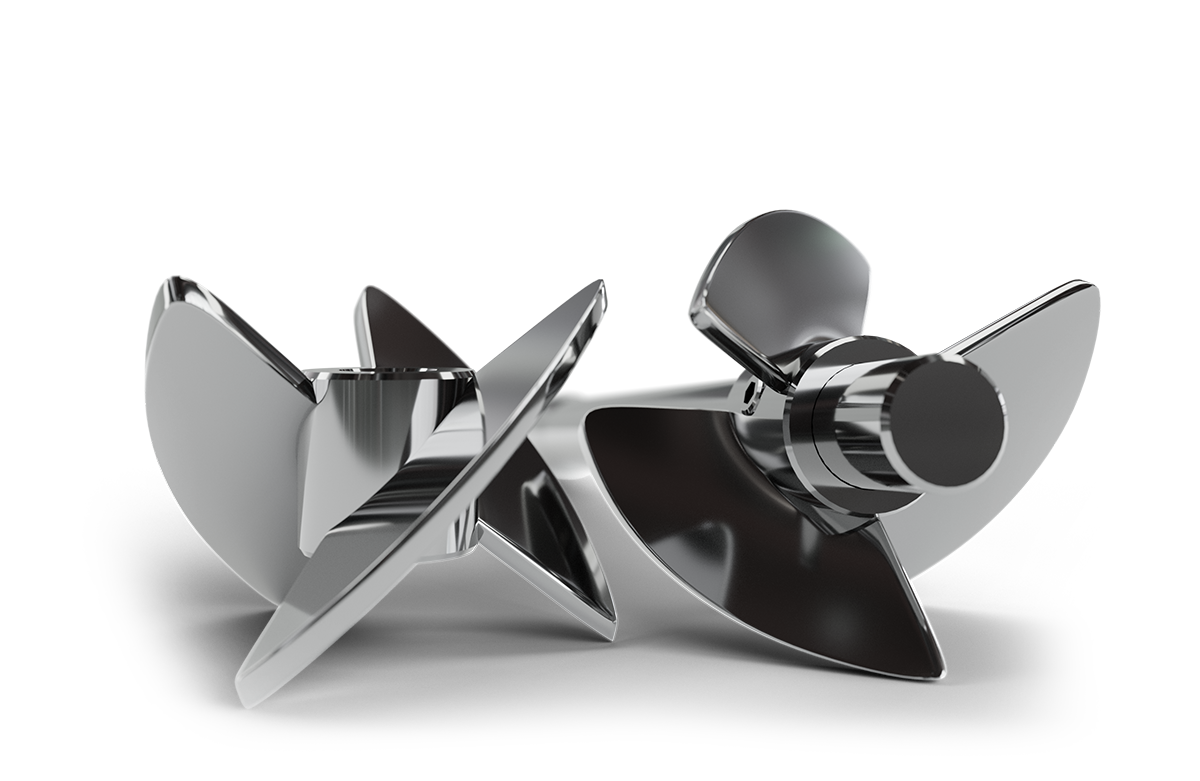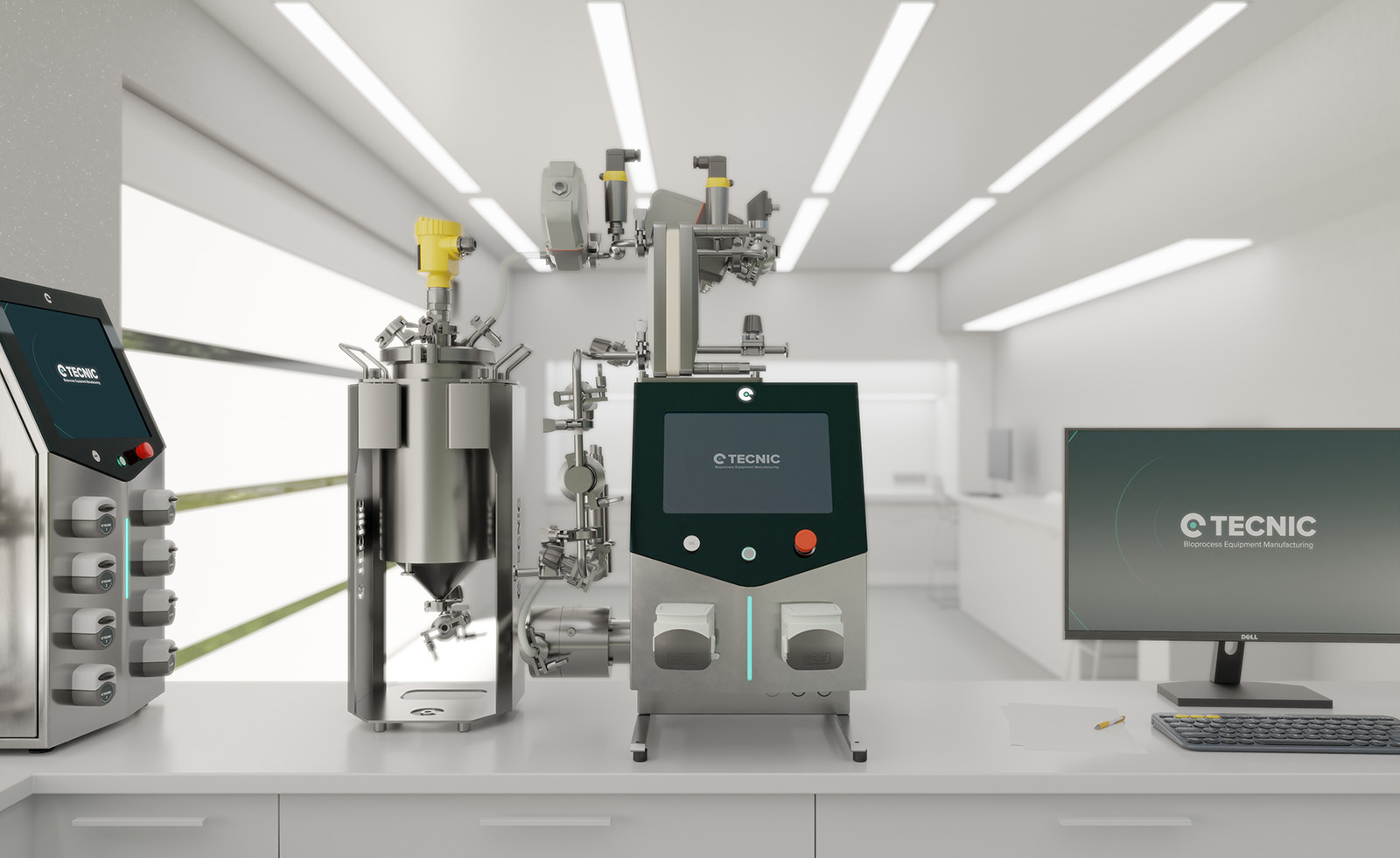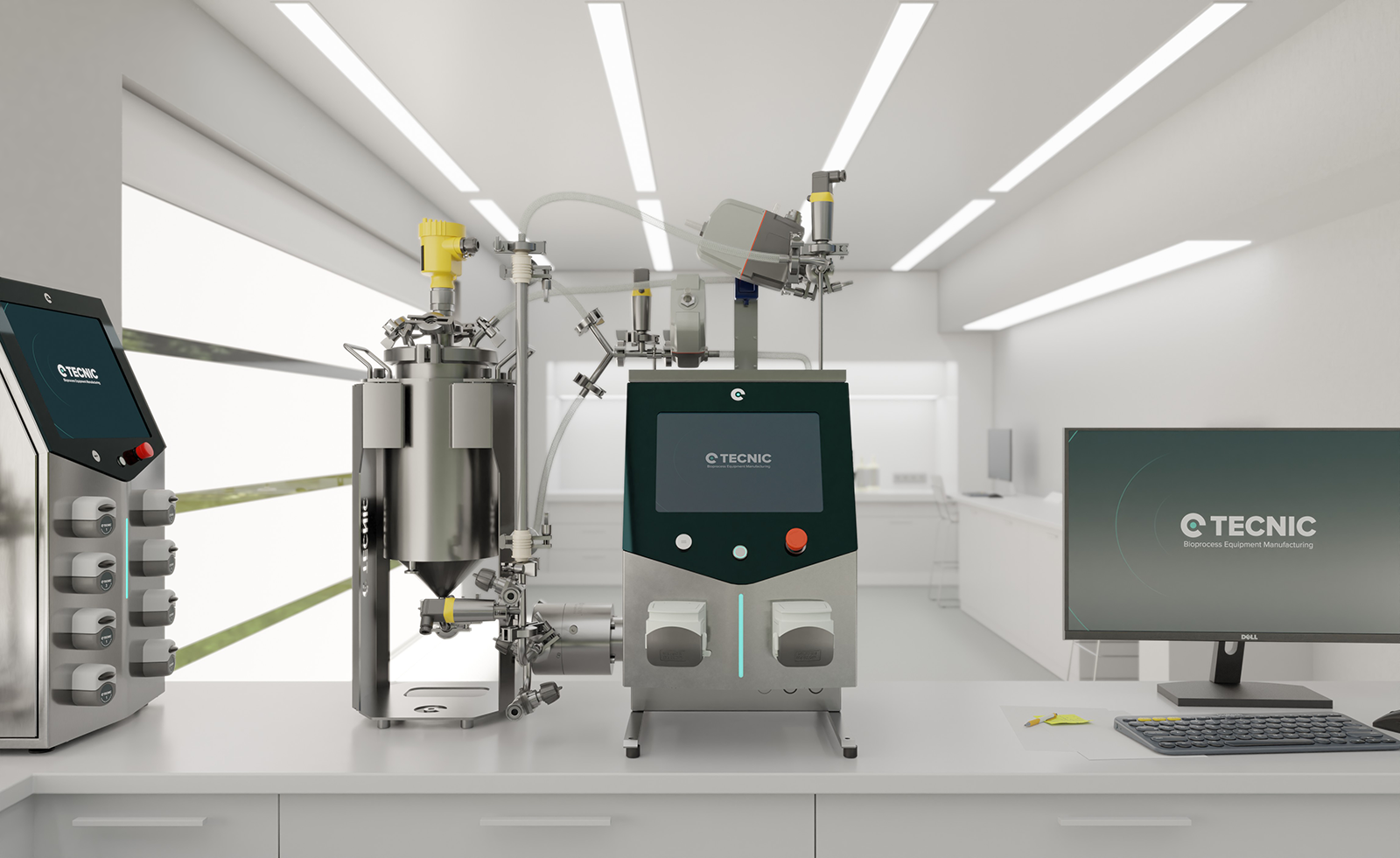Regenerative medicine is a branch of medicine that focuses on repairing, replacing or regenerating damaged cells, tissues and organs. This method aims to address both symptoms and root causes of illness by fixing the structure and function of damaged tissues. Regenerating tissues and organs can now treat many diseases in ways we never thought possible before.
In addition to addressing existing pathologies, regenerative medicine is proactively exploring strategies to strengthen and revitalize tissues before significant damage occurs. This healthcare approach could help prevent certain diseases, improving overall health and wellness by reducing chronic and degenerative conditions.
Potential to treat incurable diseases
Regenerative medicine holds promise for diseases that are currently difficult to cure, such as certain cancers, Parkinson's, Alzheimer's, and chronic heart conditions. In addition, regenerative medicine can offer solutions for severe traumatic injuries, extensive burns, and tissue repair in autoimmune diseases. The ability to create new healthy tissues offers opportunities to improve patients' lives by helping them regain functions lost to disease or injury.
In addition, regenerative medicine can reduce the need for donor organ transplants, which are limited and often require patients to wait a long time. By being able to regenerate tissues and organs in the laboratory, demand could be met and organ transplant rejection problems avoided.
Research and development in this field is advancing rapidly. This is due to advances in biotechnology, tissue engineering and the understanding of regeneration mechanisms at the molecular and cellular level. With all this progress, regenerative medicine promises to revolutionize healthcare, offering new hope for patients and transforming medical practices in the near future.
Main areas of regenerative medicine
- Cellular therapies: These use stem cells and other types of cells to regenerate damaged tissues. These therapies are being developed to treat a variety of conditions, from spinal cord injuries to heart disease. Stem cells, in particular, have the ability to differentiate into different cell types, making them extremely versatile for regenerative treatments.
- Tissue engineering: This area combines cells, engineering methods and suitable materials to create functional tissues. For example, cells can be cultured to form tissues that can be used in transplantation. This technique is especially promising for the creation of artificial organs that can replace damaged ones.
- Gene-based regenerative medicine: This involves the use of gene therapy techniques to correct genetic defects and stimulate tissue regeneration. Advanced technologies such as CRISPR-Cas9 allow precise gene editing, offering potential solutions for genetic and chronic diseases.
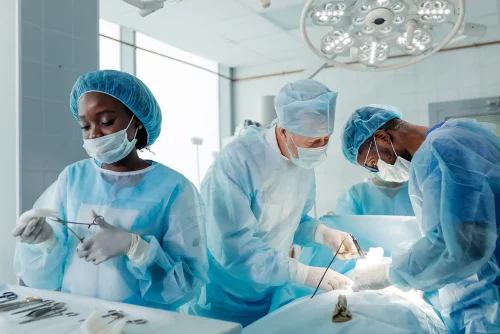
Advances in gene editing
Gene therapy can directly correct mutations in a patient’s DNA, offering a durable solution for many genetic diseases. For example, in inherited diseases such as cystic fibrosis, correcting the mutation responsible can restore normal function to the affected cells. In addition, gene therapy can be used to modify immune system cells, making them more effective in the fight against cancer and other diseases.
On the other hand, gene-based regenerative medicine is advancing thanks to gene editing, which is opening up new possibilities. By correcting genetic mutations directly in the patient's cells, the root cause of many diseases, rather than just their symptoms, can be treated. One example of gene-editing technology is CRISPR-Cas9, which allows precise changes to be made to DNA to correct genetic mutations that cause serious diseases.
Gene therapies are being used to modify immune system cells to make them more effective in fighting cancer and other diseases. Advances in gene delivery, gene editing and safety are bringing gene-based regenerative medicine closer to reality.
TECNIC's role in regenerative medicine
TECNIC is committed to supporting the advancement of regenerative medicine by providing advanced biotechnological solutions. Our range of products, from bioreactors to Tangential Flow Filtration systems, is designed to support every stage of the research and development process.
- Bioreactors: Precisely control the cell culture environment to facilitate the growth and differentiation of stem cells. We design our bioreactors to optimize culture conditions, which is essential for developing effective cell therapies.
- Tangential Flow Filtration: We provide filtration solutions to maintain the purity and quality of biotech products for medical use. TFF systems are important for making drugs and regenerative therapies safe and effective.
- Bioprocess Supplies: We provide a wide range of supplies that optimize efficiency and effectiveness in laboratories and production plants. Our products, from culture media to reagents, are made for researchers in regenerative medicine to use.
The potential of regenerative medicine is immense. At TECNIC, we are proud to be part of this change. We help the scientific community and start-ups to improve. At TECNIC we are dedicated to driving this promising field forward, supporting the scientific community and startups to accelerate progress and bring breakthroughs to patients faster.







